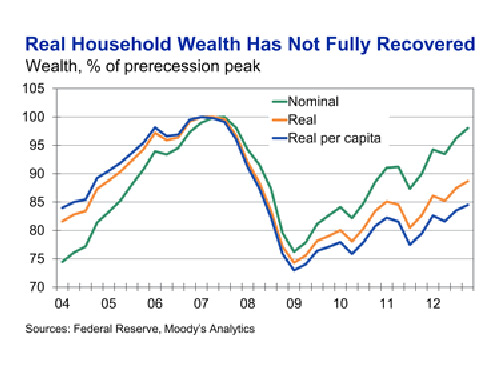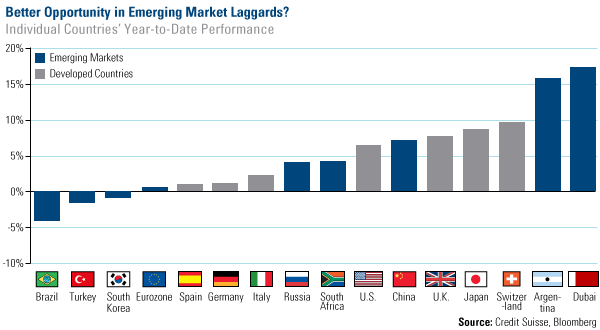I've been studying some new research out of Brigham Young University, of all places. As you know, the world of stocks is divided into the stock of small companies, middle-sized companies, and large companies. Those stocks are called small-cap, mid-cap, and large-cap.
Stocks are further dividend into two "styles:" growth or value. Growth stocks have market prices that are expensive compared to the book-value of the companies. Another characteristic of growth stock is that the market price is higher multiple of earnings than value stocks. Most tech companies are growth stocks. Almost all dividend-paying stocks are value stocks.
So we have small-cap value stocks, small-cap growth stocks, mid-cap value stocks, mid-cap growth stocks, large-cap value stocks, and large-cap growth stocks. Now, which is the best investment?
The answer is they are all the best investment but at different times. So, Brigham Young has looked at the past 23 years, since 1990. Over that time frame, small-cap value stocks handily beat out all other stock groups. Their average annual growth was 10.34% compared to 7.6% for large-cap growth stocks, as an example.
But, are they more risky? Investment strategists often use standard deviation to measure risk. Brigham Young found risk was 19.11 for small-cap value stocks, lower than large-cap growth stocks, which was 22.22.
Should we park all our money into small-cap value stocks? Of course not! If you did, you would have missed the huge run-up in large-cap growth stocks during the tech-bubble of 1995-99 when they out-performed value stocks by a whopping 8.98% annually. Looking at 5-year rolling returns, large-cap growth stocks have out-performed large-cap value stocks 58% of the time, while small-cap value out-performed small-cap growth 84% of the time.
While I will probably be more likely to increase my allocation to small-cap value stocks and will be less likely to sell small-cap value when I raise cash, this research is not written on stone tablets from Mount Sinai. It covers only 23 years and -- you've heard this before -- past performance is no guarantee of future performance.



